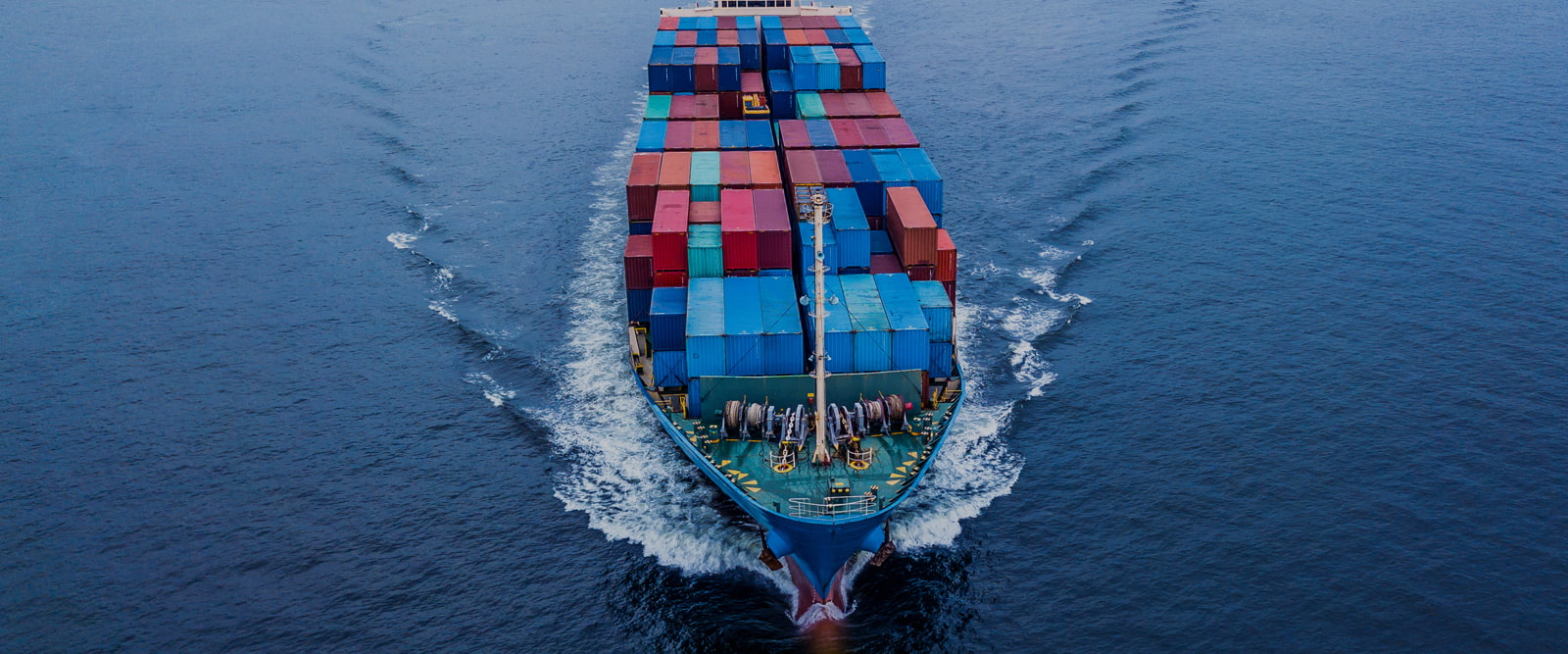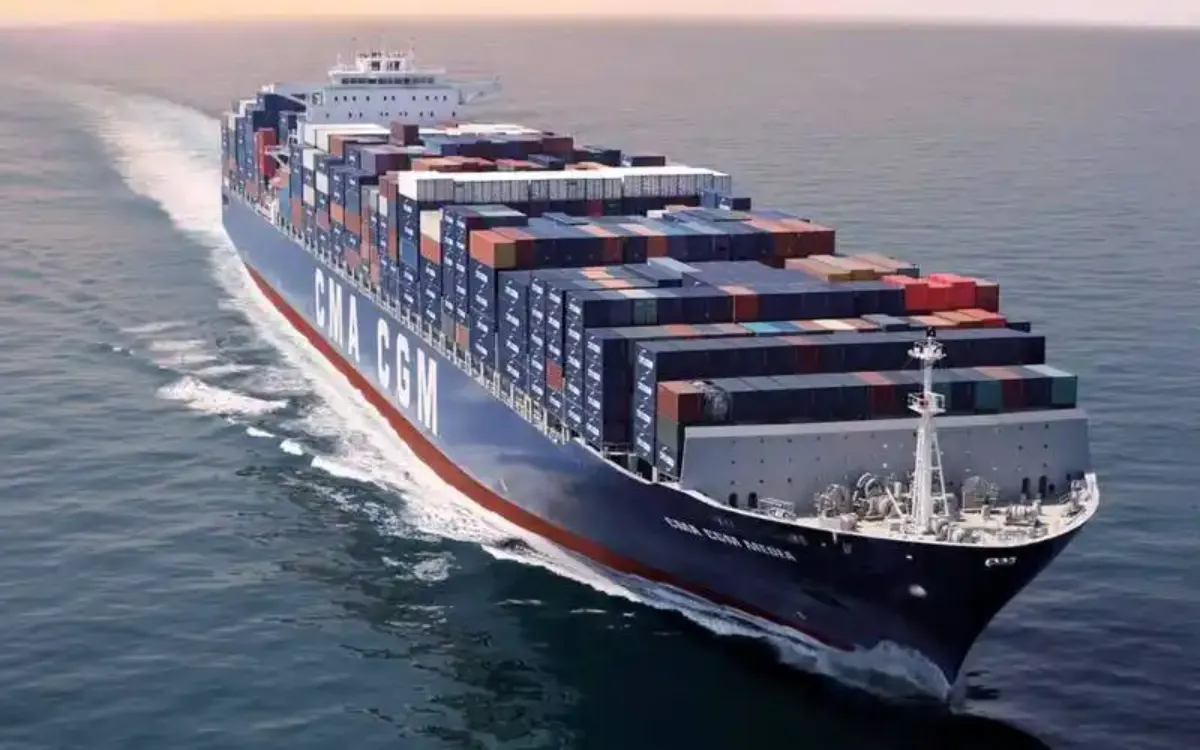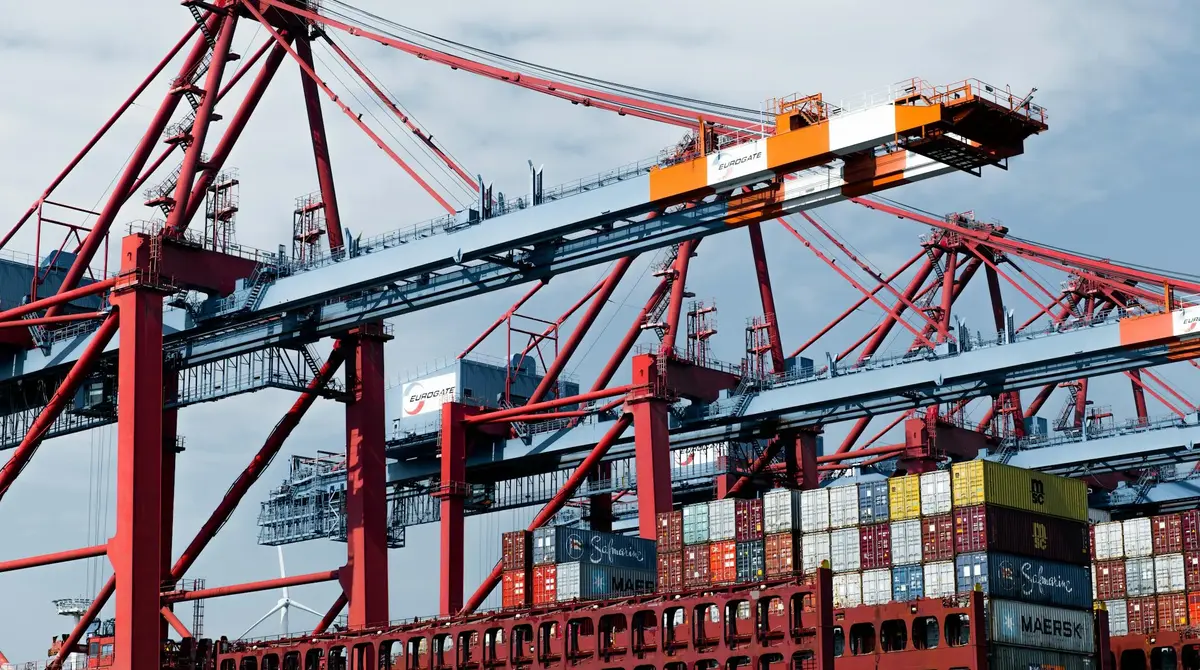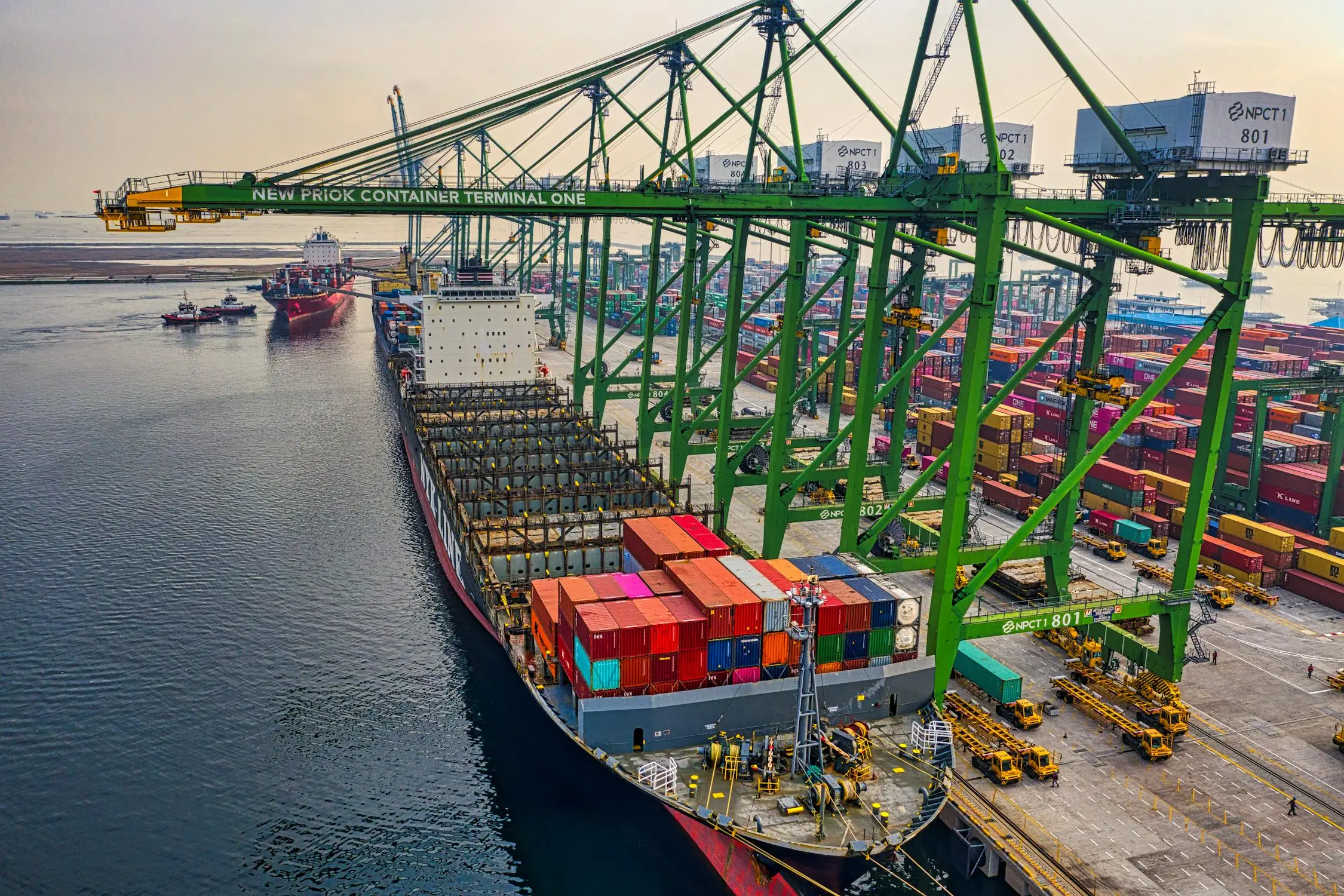
An international freight forwarder is a service provider who organizes and carries out, under his responsibility, the freight of goods from one place to another in France or internationally.
Depending on the needs of his client, the nature of the goods and the constraints of the market, he chooses the mode(s) of freight best suited to the cargo (road, air, sea, rail). His role is therefore to facilitate the freight of all logistics freight companies.
Who are the stakeholders?
Freight freight is a complex process. For this reason, there are many stakeholders who are essential to the smooth running of the freight.
The freight forwarder
The role of a freight forwarder is to organize the freight of goods with carriers in exchange for a commission. To do this, he chooses the modes of freight that seem most suitable. The interest is to save time and to delegate to a professional if you think you do not master all the cogs of international freight.
There are many raw materials in international trade. Consequently, some require specificities during freight. In this type of situation, delegating the freight can be a relevant solution. The freight forwarder is the one mandated by a client (sender or recipient) to organize the connection between the different carriers in the case of goods that must take several successive freights. His role is to ensure the continuity of the freight. He must also carry out all the administrative operations relating to it, such as customs formalities for example. Unlike the broker, he is not the one who determines the freight plan, he is the one who ensures its smooth running.
Intermediaries: brokers or client agents
The agent represents the client with the carrier or freight forwarder to establish a goods freight order. Some intermediaries operate directly on the Internet thanks to the development of online freight order creation.
What are the different freight documents required?
Thus, whether it is air freight, road freight, river freight or rail freight, there are many players. The world of international logistics is of a rare complexity. Indeed, there are agents, experts, workers in large numbers. In addition, these players are active in varied fields: energy, raw materials, trade, industry and various international services.
For this reason, a certain number of documents are required during freight. However, they differ depending on the mode of freight used.
For road freight, there is the consignment note that we have already discussed. But other documents are necessary such as the loading declaration, a safety protocol for loading and unloading as well as safety instructions. Not to mention customs documents in the event of leaving the territory.

Regardless of the mode of freight, the documents must justify the nature of the cargo and the existence of an order.
What are the missions of an international freight forwarder?
Its missions are diverse:
Define the client’s international freight needs,
Find the different service providers and then organize the different stages: from loading to final delivery of the goods,
Establish and control documents relating to the freight contract, the support of the goods and invoicing.
Take care of all customs procedures related to import-export.
Monitor and coordinate the delivery of the service as a whole.
What operations can be handled by the international freight forwarder?
Groupage operations : This involves handling a shipment that groups together several individual shipments of goods into a single batch.
Chartering operations : These are shipments entrusted to freight providers without prior grouping.
City office operations : This involves handing over packages separately to carriers.
freight organization operations : This is the freight of goods through one or more international freight providers (air, sea, road, rail).
What are the advantages of using an international freight forwarder?
Safety : Throughout the service, from departure to arrival of the goods, freight responsibilities lie with the freight agent.
Network : Through his network and experience, the broker is in contact with the entire international freight ecosystem. He is able to offer services adapted to the needs and budget of his client.
Performance : By outsourcing your freight function, the broker's client can devote more time to higher value-added tasks, while ensuring the efficiency of its supply chain.
Compliance : The professional knows and respects all the rules relating to international trade, which may differ depending on the country.
Traceability : The broker is obliged to monitor the correct delivery of the goods for which he is responsible.
What is the difference between carrier and freight forwarder?
It is important not to confuse the profession of freight forwarder with that of freight agent.
Indeed, a freight forwarder is mandated by a client (the shipper) to carry out freight operations according to the client's instructions. Whereas the role of the freight forwarder is to propose the most appropriate freight plan to his client by choosing the mode of freight, and by concluding on his behalf the contracts necessary for the performance of the service.
 Easy Shipping From Global, Save Cost
Easy Shipping From Global, Save Cost













